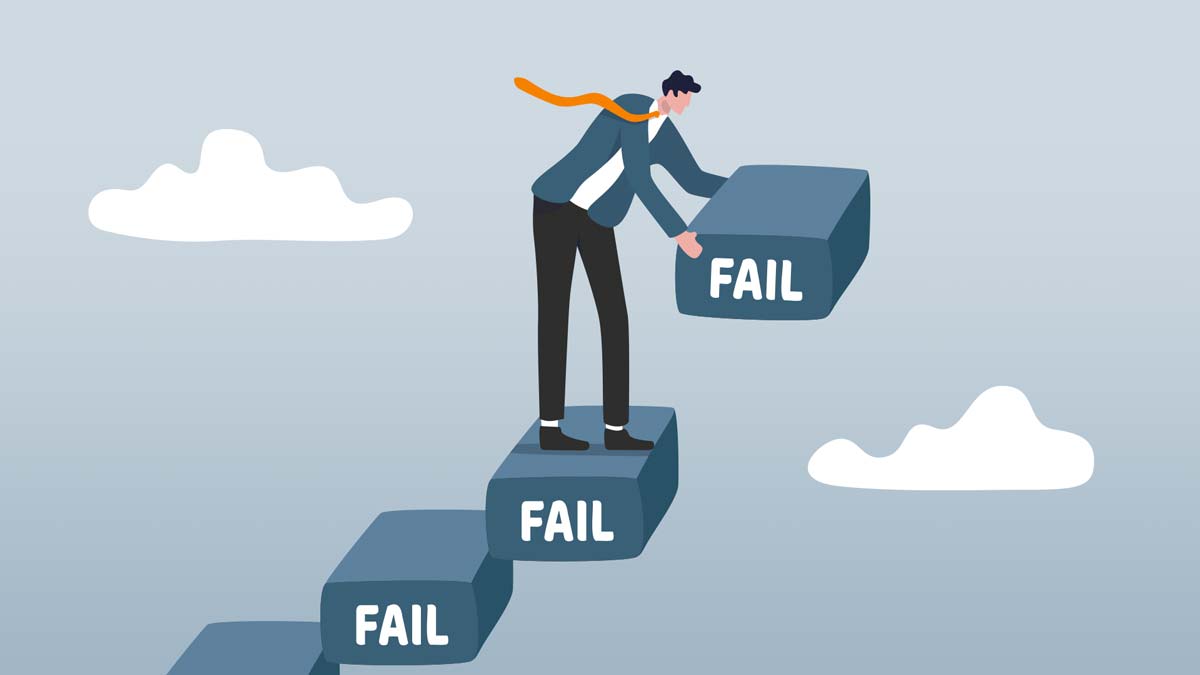 In many ways, the world is wired against you taking risks.
In many ways, the world is wired against you taking risks.
Will the annual audit ever be critical of you for not trying to seize that new opportunity that you decided was too risky? No.
Audits are critical of acts of “commission” vs “omission.” You don’t want the financial report to show a big expense on a project that did not work out. But the audit will never fault you for missing that investment in a new idea.
Just ask Kodak. Remember them? They once had 90% share of the film market in the US. When the idea of digital photography came along, they said “pass.” They only realized many years too late that this new technology – which they invented – was the future.
Sometimes we become so successful that the idea of taking a risk and failing is unthinkable. And yet, that risk could lead to even more success.
How do we overcome our fear of failure? Here are some ideas from an article in Harvard Business Review.
- Redefine Failure. Fear of failure often stems from a fear of looking foolish or not meeting expectations. Instead of viewing failure as a sign of personal inadequacy, reframe it as a learning opportunity. Successful professionals are not those who avoid mistakes, but those who learn from them and move forward. Entrepreneurs like to say: “Fail fast and fail forward.”
- Acknowledge the Fear. Rather than pretending the fear isn’t there, take a moment to acknowledge it. Giving your fear a voice can lessen its power over you. Respond to the fear by saying: “This is a calculated risk that I am willing to take. The potential upside is worth this risk.” Keep a picture of success at the forefront of your mind.
- Test Your Assumptions. Our fears are often based on worst-case scenarios that are unlikely to happen. Test your fear by asking yourself, “What is the worst that can happen if I fail?” Often, the answer is not as dire as we imagine. In the professional world, setbacks can lead to new opportunities, new skills, and even new professional relationships.
- Get Comfortable with Discomfort. Feeling fearful is a normal part of stepping outside of your comfort zone. If you don’t feel a little apprehension, it might be a sign that you aren’t challenging yourself enough to grow and achieve your most important goals.
You will absolutely fail sometimes. Fine. Own it. Learn. And be proud you were willing to take a risk on something you believed in. The alternative is that you would never know if you could have been successful. Use these four steps so you can start to see fear not as an obstacle, but as a guide that helps you move forward and achieve your full potential.
*Ideas for this blog taken from: Peppercorn, S. “How to Overcome Your Fear of Failure,” Harvard Business Review, July-August 2022, pp. 135-139.